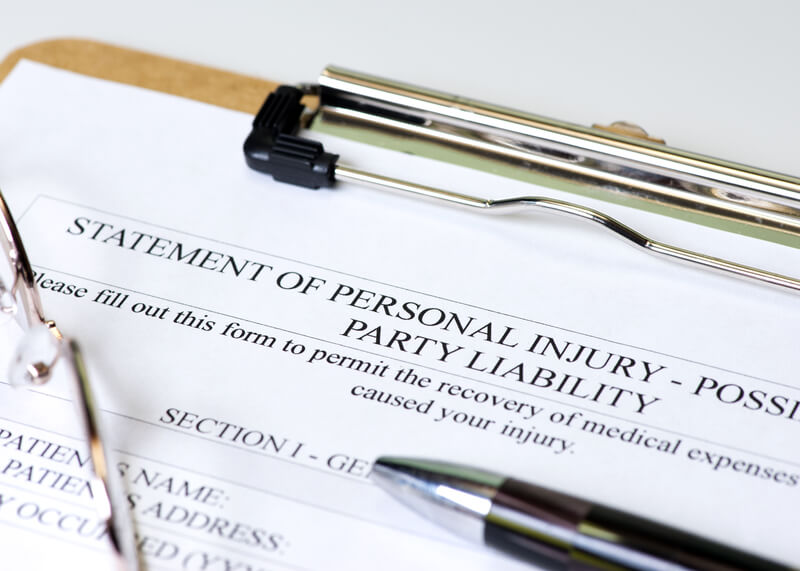If you’ve been injured and you’re evaluating personal injury attorneys, it’s good to challenge them with tough questions. And once you’ve selected a personal injury attorney, it’s natural to ask a lot of questions about your case. After all, you want to be certain that you will be awarded enough damages to pay for all expenses and compensate you for your pain and suffering. However, there is a lot of uncertainty in personal injury cases and even the most experienced personal injury attorneys might not be able to answer all of your questions with 100% certainty. Here are some common personal injury questions that you may want answered when talking with your attorney about your case.
Will I win?
The use of the word “win” shows what people who haven’t gone through a personal injury case think about the process. The goal for most personal injury cases is to pay damages that generously cover your expenses—medical, lost wages, emotional suffering, etc. As long as that goal is met, you are successful. Your case may require going in front of a judge or jury or it may require a settlement with one or more insurance companies. Reaching a settlement with the insurance companies entails a series of business negotiations with the goal being to pay your expenses without having to go to trial. This often results in a much quicker recovery. If a personal injury attorney talks about settling, don’t think of it as a compromise or that they’re not tough enough.
What’s my case worth?
Experienced personal injury attorneys may be able to come up with an educated guess about the range of your case’s value; however, it takes a lot of time, information and research to determine a realistic value of each case. Think of it like someone assessing the value of a house. You can’t estimate the value of the house just by looking at a picture of the exterior. Your medical treatment, employment, insurance, and details of your personal injury incident will all come into play as your attorney starts to get a good estimate of your case’s worth.
Will we go to trial?
Most personal injury cases are settled prior to going to trial. That’s because many people, organizations, and insurance companies would rather avoid the expenses of a trial and length of time it takes for a trial to resolve. Your attorney will do their best to reach a settlement that is realistic and benefits you, but if your attorney cannot come to an agreement with the defendant during the settlement discussions, a trial may occur. Whether a case settles outside of the courtroom or goes to trial is hard to predict early on.
Will the defendant get punished for what they did to me?
“Punished” is a lot like the word “win” above. Even if your personal injury was someone else’s fault, the goal of most personal injury cases isn’t to punish the defendant but rather to get them to pay you a settlement that takes care of your expenses. In rare cases, you might seek punitive damages which are extra damages rewarded if the defendant did something so horrible that they need to be financially punished as a matter of public interest.
What will the judge or jury think about my case?
An experienced personal injury attorney will have worked with judges and juries in various cities and counties, giving them a good sense of what information best resonates with juries in particular jurisdictions. It’s important to remember, though, that a judge or jury makes decisions independent of you and your attorney’s desires. All your attorney can do is make the most convincing arguments possible in a court of law. A final decision always has some unpredictability to it because even the best personal injury attorney can’t predict what decision a judge or jury will make.
How long will my case take?
Generally, your attorney will have a good sense of the timing of your case based on experience from similar cases; however, the exact timing will be difficult to predict. Investigations may take longer than expected, communications between attorneys may drag, settlement negotiations with insurance companies may continue for a long period of time, and trials are subject to the court’s schedule. It’s best to start out with a reasonable time estimate but to constantly adjust it as more information is gathered and the process continues along.
—
Remember, an experienced attorney will provide the best answers possible to your questions but they will stay realistic. If an attorney makes wild promises and gives you answers that sound too good to be true, be on guard. Don’t get frustrated if an attorney with a great track record seems like they’re overly cautious or focused on settling. They’re doing what’s best for you and your case.
Do you have questions about your personal injury case? Call us today for a free consultation.












